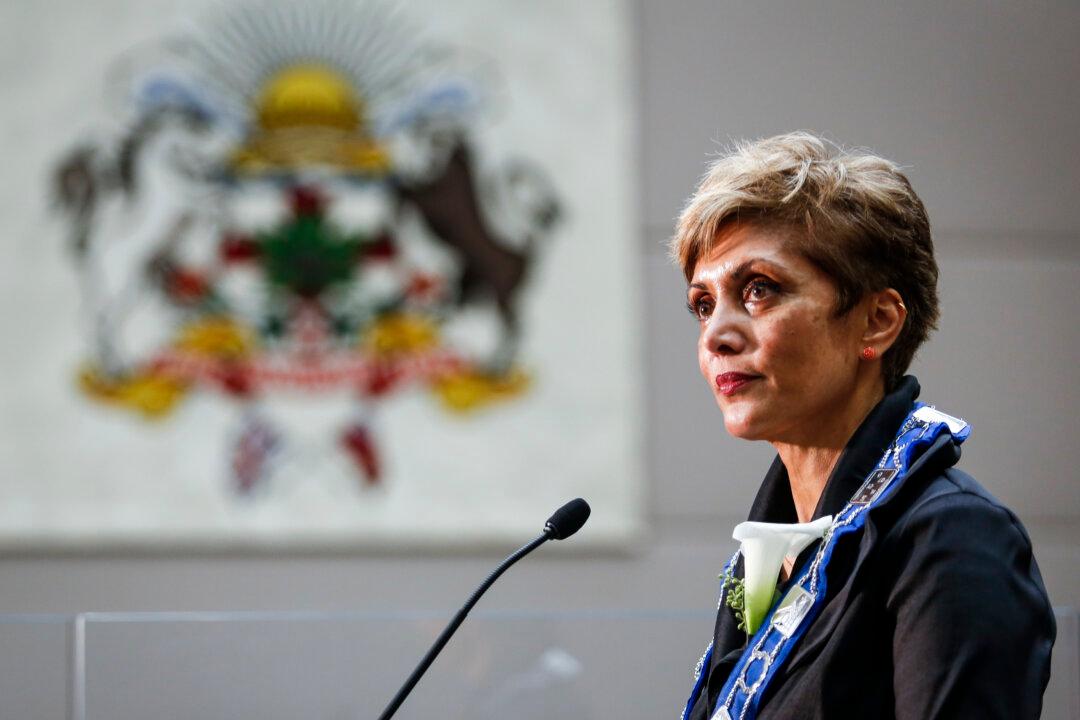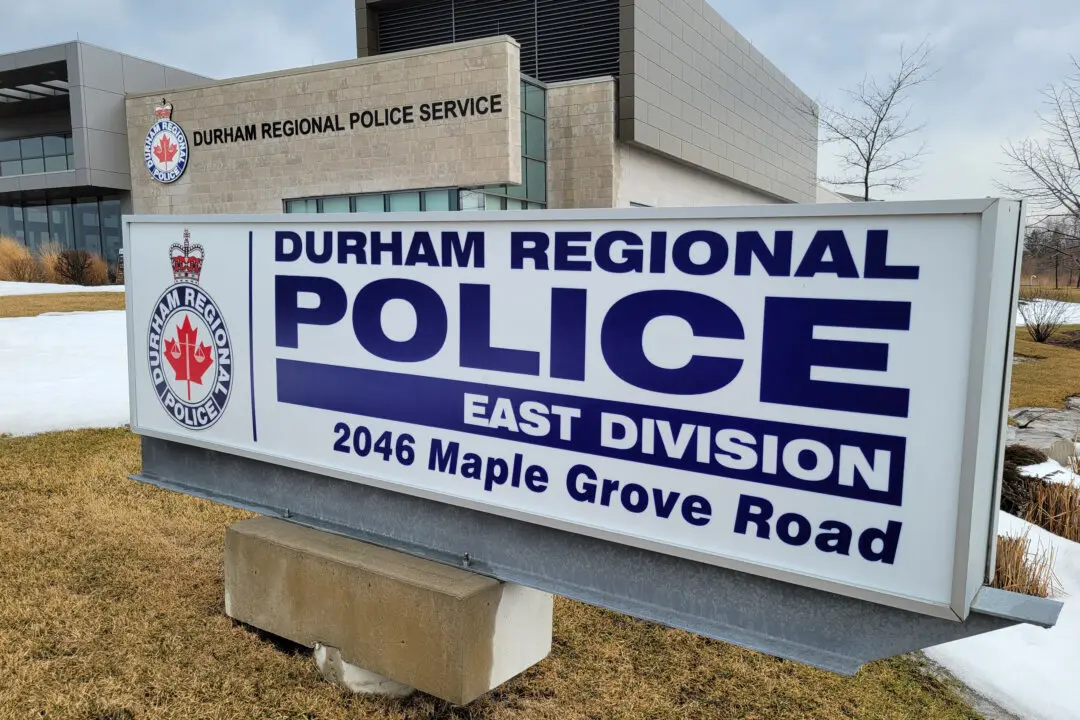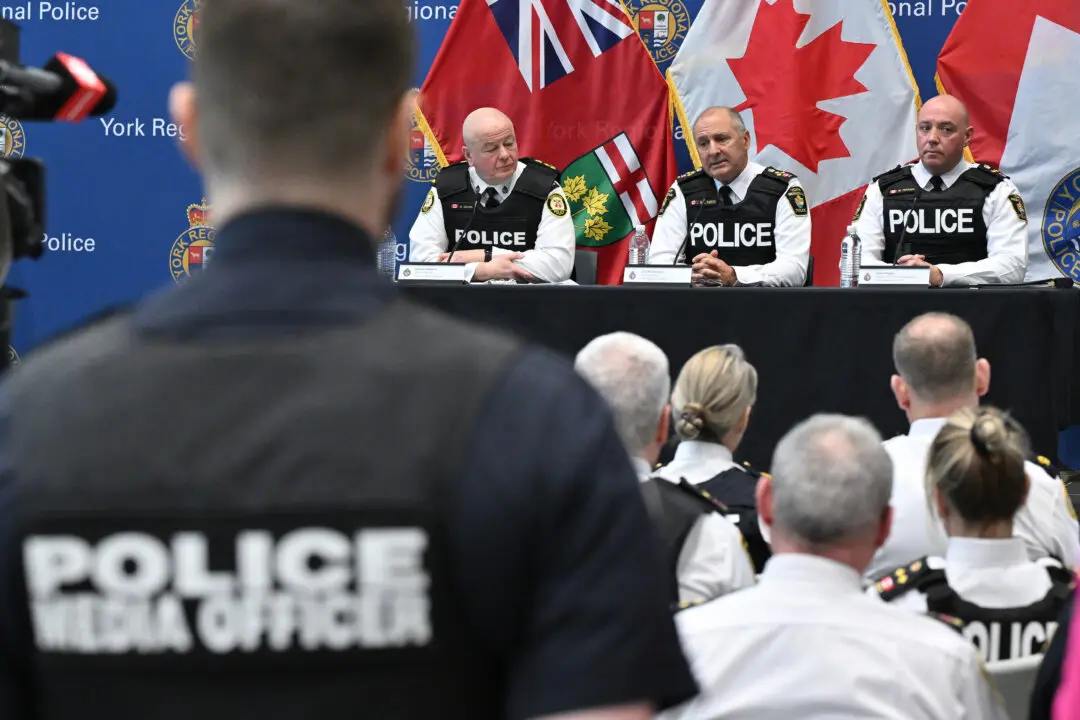Calgary City Council has voted to repeal its single-use items bylaw just two weeks after it went into effect in response to “overwhelming” public criticism.
The single-use bylaw came into effect Jan. 16, setting a 15-cent fee for paper bags and requiring restaurants, cafes, and drive-thrus to ask customers if they want single-use items like cutlery and napkins.





